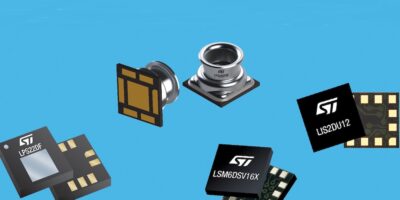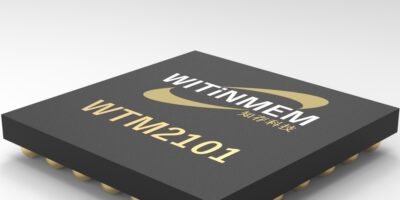Current public 5G and Wi-Fi networks do not have the bandwidth, low latency, flexibility, control over security and network management capabilities that modern organisations need, says Zyter. The digital health and IoT-enablement company has collaborated with Qualcomm Technologies to support the demonstration of 5G private networks by providing network management services, a user interface / dashboard and three initial production-ready applications that include autonomous mobile robots (AMRs), lidar-based analytics and AI-based cameras.
5G private networks offer significant advantages over current public 5G and Wi-Fi networks, with higher bandwidth and lower latency to support thousands of devices and data intensive applications. Advanced network management capabilities, such as allocating bandwidth to different devices or customising security protocols are also necessary.
Qualcomm Technologies, Zyter and other ecosystem members are solving these challenges through the demonstration of 5G private networks powered by Qualcomm FSM 5G RAN platforms.
In addition to providing network management and a consolidated dashboard to display application and device data, Zyter is also making three production-ready applications available.
The autonomous mobile robots (AMRs) are equipped with sensors and cameras and use AI and machine learning to autonomously move goods inside a defined space such as a factory or warehouse.
The lidar-based analytics project consists of cameras that can be used to detect the movement of people and goods in a defined space, which is rendered on a 3D map viewed on Zyter’s dashboard.
The AI-based cameras support 4K video streams originating from eight cameras provided by Qualcomm Technologies’ device ecosystem members as well as data analysis.
“Applications like lidar-based analytics require high bandwidth, low latency networks that can potentially support thousands of devices, render images in 3D, or enable autonomous mobile robots to react in milliseconds,” said Sanjay Govil, founder and CEO of Zyte. “The combination of Qualcomm Technologies’ platforms for 5G private networks with Zyter’s leading-edge applications offer a world of new possibilities for organizations that want more performance, ownership and control.”
Zyter is one of the system integrators supporting the introduction of the Qualcomm private networks RAN automation.
Zyter 5G applications are available for demonstration on the Qualcomm Smart Campus in San Diego.







